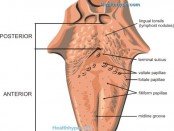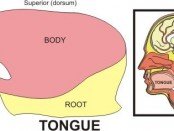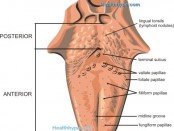Metallic Taste in the Mouth – Causes and Warning Signs
It is not unusual to experience strange tastes in the mouth even without eating or drinking anything. These abnormal tastes typically last for a few seconds or minutes and resolve. However, there are cases where there is a persistent abnormal taste and this could be a symptom of some underlying disease. A metallic taste in >> Read More ...




